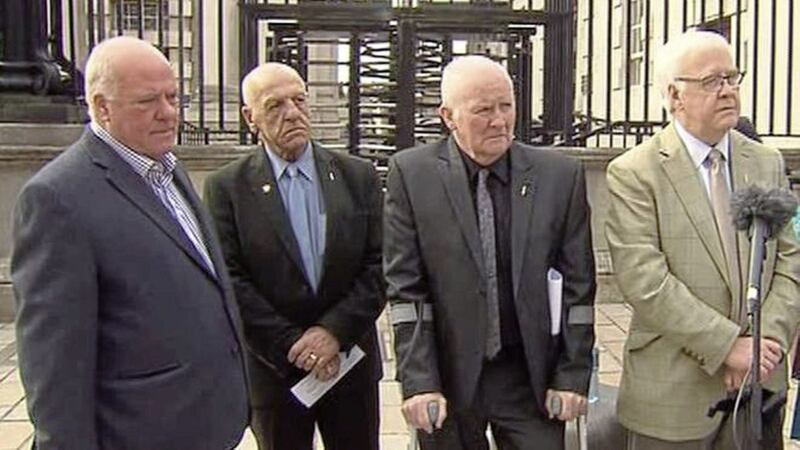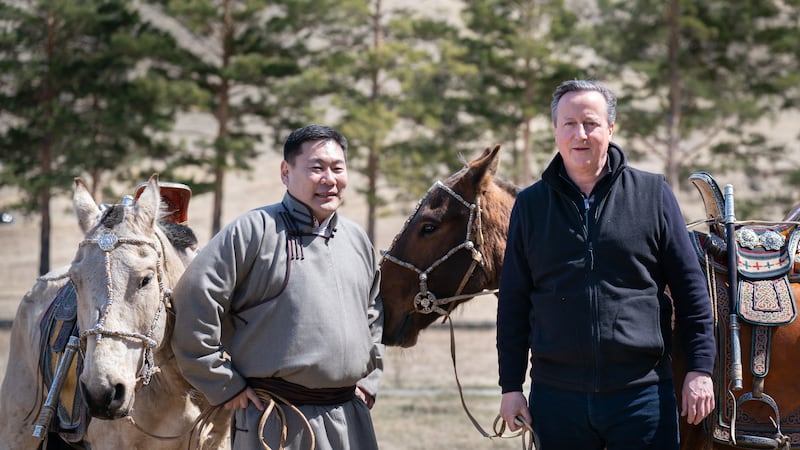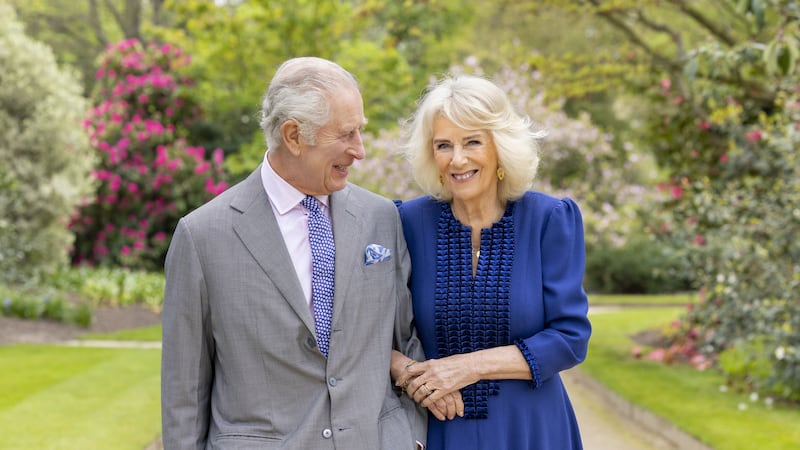THE European Court of Human Rights yesterday rejected an appeal by the Irish government against a ruling which found the UK did not torture the "Hooded Men" during the Troubles.
The 14 men claim they were subjected to a number of torture methods when they were interned without trial at a British military camp in Northern Ireland in 1971.
These included five techniques - hooding, stress positions, white noise, sleep deprivation and deprivation of food and water - along with beatings and death threats.
Earlier this year, the Court dismissed Ireland's request to find the men suffered torture and said there was no justification for revising an original UK judgment in 1978 that held that while the men suffered inhumane and degrading treatment, they were not tortured
Darragh Mackin, a solicitor for a number of the Hooded Men, vowed that the campaign for justice was not over.
"This case was always highly supercharged given the potential ramifications of any decision to overturn the original judgment," he said.
"These techniques were and are torture. The Belfast High Court has said it, the London Supreme Court has said it. It is disheartening that the European Court has instead used procedural gymnastics to avoid saying the same.
Francis McGuigan, one of the Hooded Men, said: "Whilst today is yet another setback, it is by no means the end. We have already received a legal ruling confirming our treatment was torture.
"It is disappointing that the European Court missed an opportunity to correct such an unjust ruling, however we now eagerly await the Court of Appeal's decision, and seeing those responsible held accountable."
The Republic's Foreign Affairs Minister Simon Coveney described the outcome as "deeply disappointing".
He added: "It is important to say that nothing in the panel decision today or the Court's ruling on March 20 last altered the Court's original 1978 judgment that the victims in the case suffered inhuman and degrading treatment, in breach of Article 3 of the Convention.
"The men have campaigned with dignity and determination for many years for the appalling suffering they endured in 1974 to be confirmed as torture. The Government shares that view, which is why it sought the revision of the judgment in 2014."
Amnesty International described the decision as a "bitter blow" for the men and their families.
"When Amnesty visited the detainees in 1971, we found clear evidence of torture. Our assessment has not changed in the years since and today's decision does not change this." Grainne Taggart of Amnesty said.
Sinn Féin Senator Niall Ó Donnghaile said the men would continue to have "unwavering support in getting to the truth of their ordeal".
"The people of Ireland, countless humanitarian and human rights organisations the world over all know well what these men endured amounted to torture," he said.
SDLP Assembly member Dolores Kelly said the human rights of the men were "clearly violated" and that it was "very worrying" that the European Court had "failed to send a strong signal" on the definition of torture.








